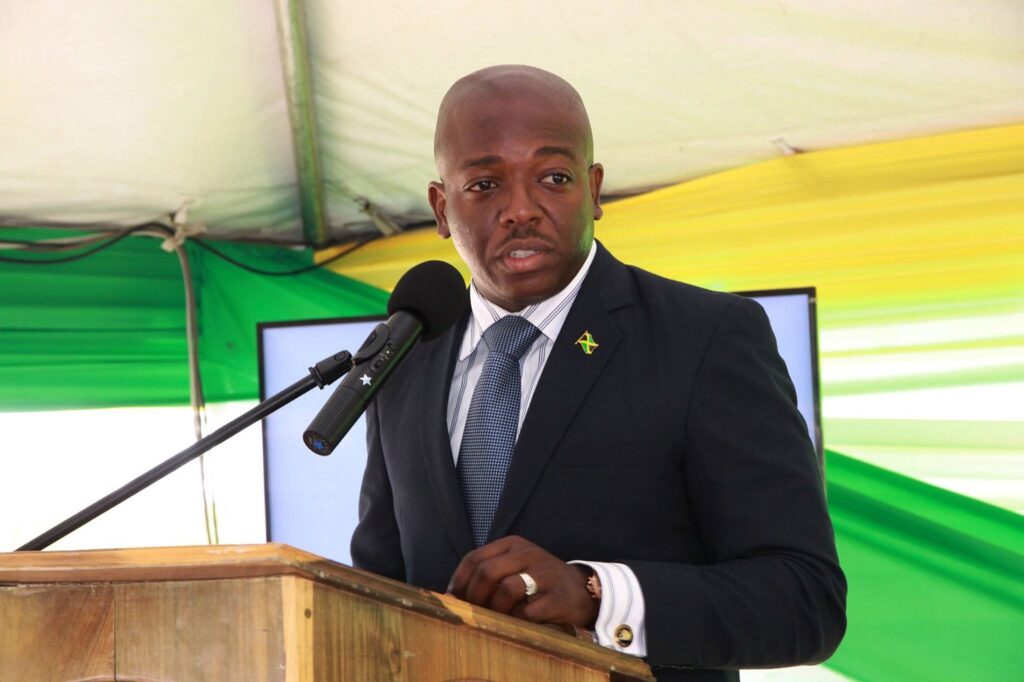
The Andrew Holness administration will next month be rolling out the third phase of its ban on single-use plastic.
This phase, which also takes effect next month, will incorporate single-use plastic bags with dimensions above 24 x 24 inches and thickness of 2.5 millimeters. In addition, a ban will also be placed on single-use drinking straws made wholly or in part of polyethylene or polypropylene, attached to juice boxes or drink pouches.
Both phases 1 and 2 of the ban have been very successful, even though there were initial teething pains along the way. Phase one, which took effect in January 2019 applied to the importation, manufacture, distribution and use of specific types of single-use plastic carriers below 25-gallon capacity packaging, while phase two, which took effect in January of this year placed a ban on polystyrene foam.
Environment Minister Pearnel Charles Jr. spoke about the third phase of the ban as he addressed the first day of the recently concluded inaugural three-day Plastic Waste Management Conference that was held virtually. The Minister disclosed that preparatory work has been done to set the stage for a smooth roll-out of the third phase of the ban on plastic next month.
POSITIVE RESPONSE FROM BUSINESS COMMUNITY SO FAR TO BAN
Making reference to the response of the business community so far towards the ban, Charles pointed out that despite some initial hesitation, the response from the business sector to the ban has been “overwhelmingly positive”.
He identified as one of the major successes of the ban, the private-sector-led Deposit Refund Scheme, which provides a cash refund to consumers, who return their plastic bottles.
The initiative, which has been implemented by Recycling Partners Jamaica Limited, is intended to reduce littering and encourage recycling, while at the same time offering a monetary benefit to individuals in doing so. Depositors will be paid a minimum of $1 for each polyethylene terephthalate or high-density polyethylene bottle delivered to Recycling Partners depots across the island.
Pointing to the success of Recycle Partners Jamaica, the environment minister encouraged the private sector to continue supporting the ban and use it as an economic opportunity to turn trash into cash. He further encouraged the business community to review their operations in order to ensure that the products and services they provide to the domestic market are more environmentally friendly.
MORE ENCOURAGEMENT TO CONSUMERS
Regarding consumers, Charles sought to get more of their buy-in in the fight against plastic to protect the environment. He urged consumers to make informed choices about the products and services they buy.
Charles pointed out that plastic is the third highest category of waste at the island’s waste-disposal facilities, adding that while the material is a cheap and convenient way of packaging, the local environment has taken a heavy and costly toll from its growing use.
As such, he urged consumers to reuse, recycle and rethink in order to protect the environment.
Problems associated with plastic bags include use of non-renewable resources (such as crude oil, gas and coal), difficulties during disposal, and environmental impacts. The Bangladesh government was the first to impose a ban on plastic, having done so in 2002, imposing a total ban on lightweight plastic bags.

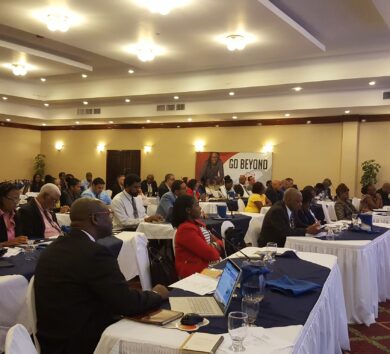
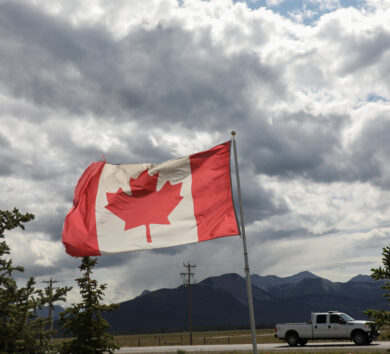
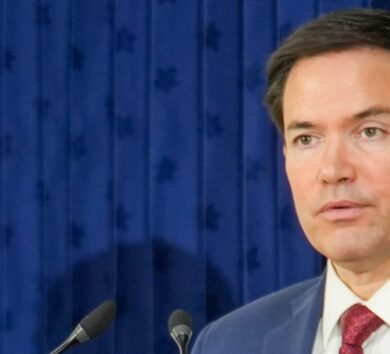
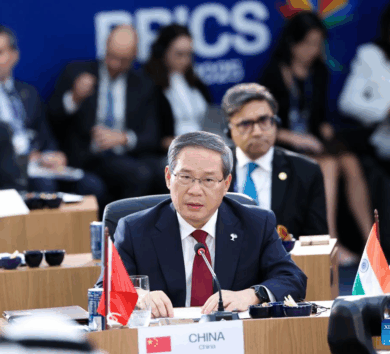

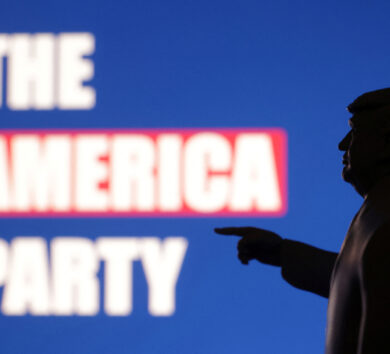
Comments